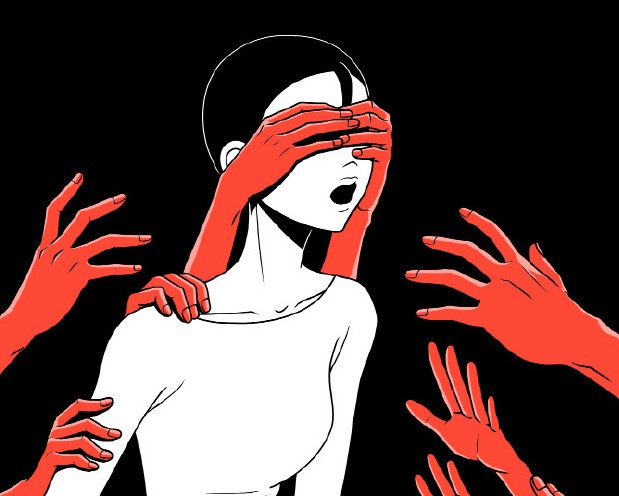Italian extremism exposed by Covid-19
09 February 2021 /
João Pedro Antonucci Rezende 3 min

When the second lockdown was announced on the 23rd of October, thousands of Neapolitan workers from the tertiary sector in Campania started a protest. Their claim: businesses would not survive a second lockdown. But then, there is the other side of it…
From peaceful protests to a violent riot
The protest started peacefully in the early afternoon, but at about eleven during the night, it turned into a riot, captained by the neo-fascists Forza Nuova, and camorrists from Mafia organizations.
That was the straw that broke the camel’s back: the next days riots expanded, and many cities saw extremely violent protests, always headed by the “comrades” of the neo-fascists FN. In Rome, Turin, Palermo, and many other cities the policemen found themselves affronting an overwhelming number of demonstrators who started bombing the police force, governmental buildings and shops centers.
But who is behind these riots? The answer is simple and undeniable: workers of the tertiary sector seeing themselves unable to survive the second lockdown planned by the Italian Prime Minister Giuseppe Conte. In March, they did not have a reason to rebel themselves in front of the Covid-19 menace. They closed and waited until June to open again, suffering income loss the Government promised would be repaid during the summer. Many of them never received these funds and cannot afford more loss.
Unfortunately, there is also the other side of the coin, the insane one. If at the roots of the protest, there were workers needing to make a living, the Neapolitan riot saw the presence of many members of FN, who openly decided to take advantage of this moment of fragility to act by inviting its extremist members to protest. Forza Nuova is an Italian neo-fascist political party created in 1997, which these past years has been involved in many controversies as they consider themselves the legacy of the National Fascist Party.
Among workers and conspiracy theorists
In the night between the 23rd and the 24th, workers and radical right activists were not the only ones demonstrating in the protest turned into a riot. In fact, they were joined later by the anti-mask movement, people who do not believe in the existence of Covid-19, or that it was created in a laboratory, or even a governmental fabricated fiction to control people. The workers’ protest was soon overtaken by individuals who believe in the myth of a “healthcare dictatorship”, where the government uses a fictional virus to create fear among the people.
In these times of economic and social tensions, conspiracy theories tend to grow; when there’s a lack of food, there’s only hatred to swallow and the people use anathema to ignore the crisis. In an Italy (even in Europe) where populism has grown lately, some fear Covid-19 could be the coup fatale to our democracy and represents a great menace. It was in this moment of turmoil that Roberto Fiore, head of Forza Nuova, decided to work together with Antonio Pappalardo, head of the anti-covid party Movimento Gilet Arancioni, to challenge the government.
Among the members of the MGA, there are flat-earthers, anti-masks, Covid deniers, anti-vaxxers, and many other conspiracy theorists. The Internet gave voice to all these groups of conspiracy theorists that have always existed, but few cared about. The freedom given by the internet can be dangerous when in the hands of ignorant people, and the MGA and FN are an example of this danger.
A challenge to democracy
During this crisis, challenges to Italian governance were great, having to struggle through the first wave and facing defiance during the second wave. With several vaccines in sight and some countries already starting distributing them, things are looking up. Yet, the distribution of vaccines will most likely stumble upon another wave of worried conspiracy theorists – in addition to a colossal economic crisis.
The pandemic tested the stability of some European democracies, bringing to light the strengths and weaknesses of democratic systems in the face of a crisis like none other. It also brought to the surface challenges some countries were already dealing with before the crisis even started. For Italy, it is austerity measures leading to a weakened health system and a fast-rising far-right.
João Pedro Antonucci Rezende, Bac 1 Sciences politiques
This article was first published in the 33rd issue of the magazine. Read the entire issue here.
